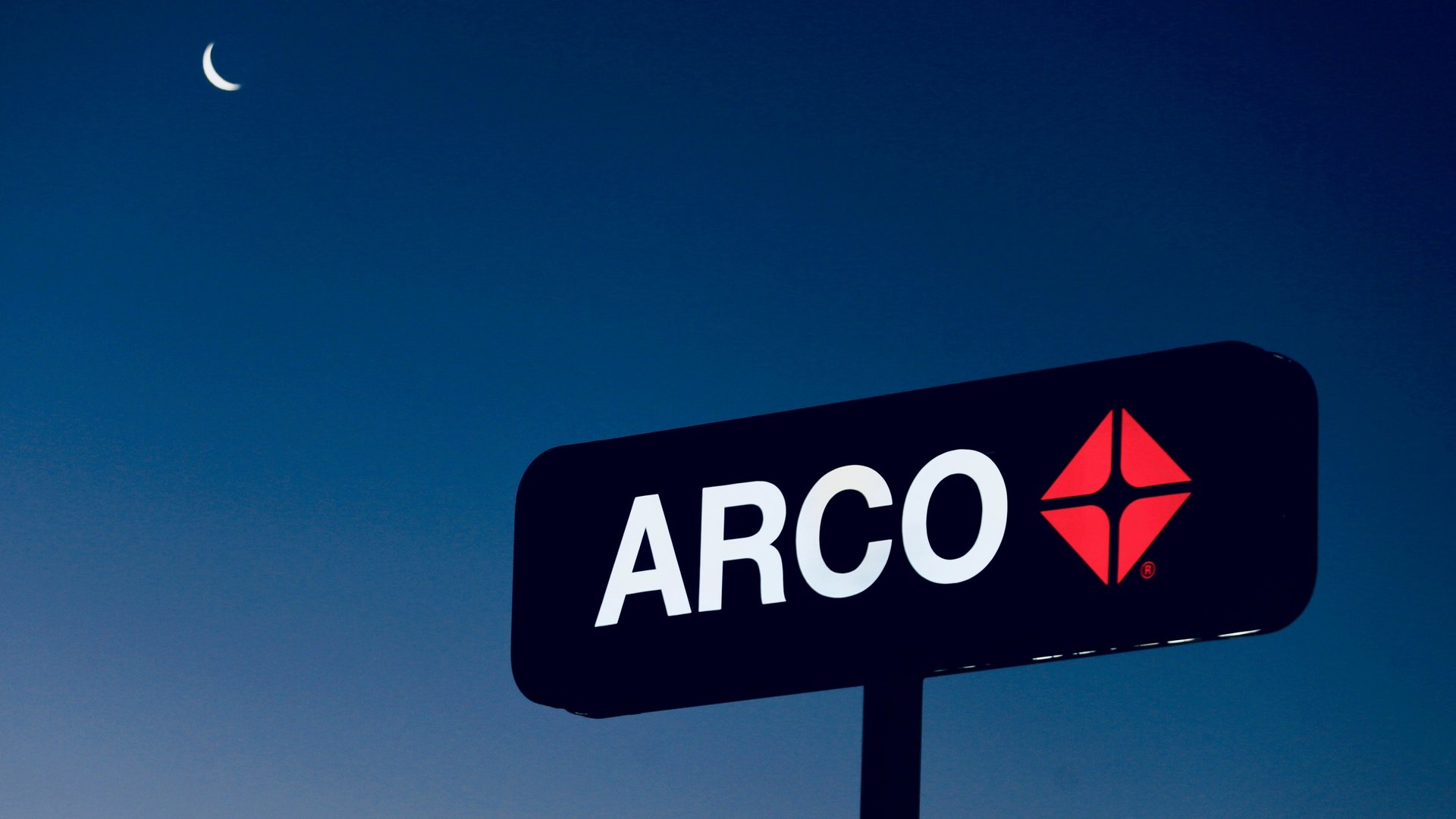ARCO is taking a fight over toxic-waste cleanup to the US Supreme Court
The US Supreme Court will this week hear oral arguments in a high-stakes case about corporations, hazardous waste, and paying to clean up pollution.


The US Supreme Court will this week hear oral arguments in a high-stakes case about corporations, hazardous waste, and paying to clean up pollution.
The matter arises from a dispute between Montana landowners and the oil company Atlantic Richfield Co. (ARCO) over the now-defunct Anaconda Smelter. The smelter was shut down in 1980, after about a century of use in refining copper ore for phone wires and power lines. In the years it was operational, its smokestacks spewed arsenic and lead over a 20,000-acre area of Big Sky Country, covering about five towns.
The same year that the smelter ceased work, the federal government passed the Comprehensive Environmental Response, Compensation, and Liability Act (CERCLA) to manage and clean up toxic waste concentrations dubbed “Superfund” sites. In 1983, the Environmental Protection Agency (EPA) designated the Montana smelter a Superfund site. It found the owner, ARCO, to be a “potentially responsible” entity, and ordered the company to cough up funds to clean the polluted area.
By 2016, the company believed it had fulfilled all of its obligations, having spent $450 million on the site over the years. But in 2008, while the EPA cleanup plan was still underway, Montana landowners in the Superfund region sued ARCO in state court demanding an additional $60 million for further remediation of the polluted land. The local judiciary has approved the plaintiffs’ right to make this claim over the corporation’s protestations, and this year ARCO took its fight to the highest court in the land, hoping the justices will side with businesses and the federal government.
ARCO argues that this is about more than just money. The landowners’ desired remediation efforts could undermine work done by the federal government to clean up the Superfund site, it says. More importantly, allowing such suits to go forward will wreak havoc on the national toxic waste cleanup scheme. The company contends that CERCLA bars claims like those being made by the Montana landowners and that federal law trumps local rules, and many businesses and industry groups have signed on to amicus briefs supporting this position.
The federal government controls local cleanups at Superfund sites and has the final say on remediation, ARCO and its allies argue. Otherwise, different authorities all over the country could be working at counter purposes, implementing contradictory cleanup plans that could cause even more damage in vulnerable regions.
The US, for its part, urged the justices not to review this case earlier in the year, but is siding with ARCO now that they’ve agreed to take it.
Meanwhile, environmentalists, who side with the private landowners, scoff at the corporation’s position. They say that nothing in the federal law limits landowners from seeking additional remediation to restore their property under state rules. In other words, the EPA does indeed designate Superfund sites and formulate plans for their cleanup, but those plans aren’t necessarily the sole remediation efforts that corporations must make if there are other appropriate state law claims.
The landowners also argue that ARCO is being disingenuous when it says that their plan would actually damage and undermine cleanup efforts made in the region of the smelter thus far. Conceding that the EPA found their proposed plan technically difficult and expensive to implement, they contend that there’s nonetheless no evidence that it would actually be environmentally harmful as ARCO argues.
Now, the justices must decide whether the Montana landowners’ claim can survive, and they have until late June to do so.